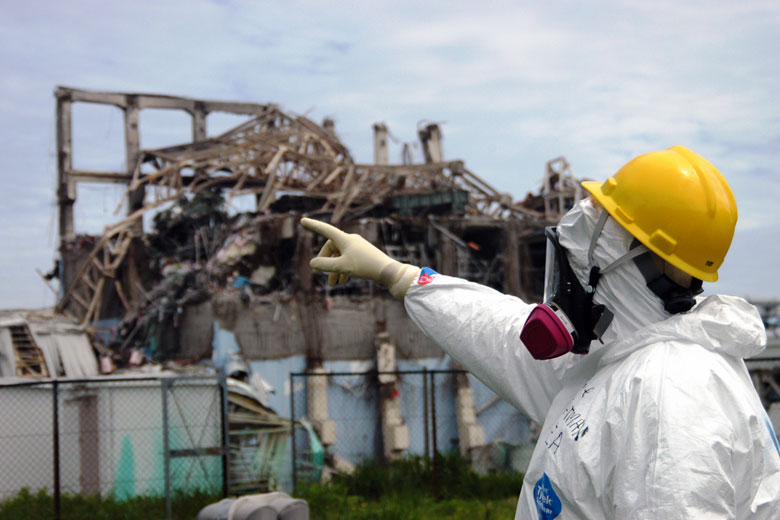
Yesterday, the Nikkei news service reported that the Japanese government is expecting the aftermath of the Fukushima nuclear meltdowns to cost nearly double its earlier estimates. Citing government sources, the report says the total expenses will run at least $176 billion and are likely to rise even further in the future.
While the utility that ran the plant, TEPCO, is ostensibly on the hook for damages, the Japanese government is supporting it in part through interest-free loans. The Ministry of Economy, Trade, and Industry is coordinating these loans with the Ministry of Finance, and Nikkei News apparently got ahold of a copy of a report that updates Finance on the expected costs that are going to be incurred. The government's previous official estimates were generated in 2013 and continued to be used in official statements, even though the scale of the challenges became more widely appreciated since.
The new estimates include more than $70 billion for compensation payments to citizens affected by the meltdowns, an increase of nearly 50 percent. Decontamination of the region around the Fukushima site is now pegged at over $40 billion, roughly double the previous estimate.
But the big increases come from interim storage of radioactive materials and the decommissioning of the reactors themselves. Water continues to be pumped into the reactors to keep the radioactive material cool enough to remain solid. That water becomes highly contaminated and must be stored until the radioactive material can be separated back out. Simply holding that material until it was processed had originally been estimated to cost about $10 billion, but it's now recognized that this figure will be woefully insufficient.
Decommissioning the reactors had originally been pegged at $18 billion, but that's now also recognized as being inadequate. It is likely the costs of doing so will ultimately exceed $2 billion a year, and the process is expected to take 30 to 40 years.
All of this assumes that nothing goes wrong in the meantime. A recent earthquake, however, generated a 1.5 meter tsunami that struck the Japanese coast north of the reactors, providing a reminder that geology may not cooperate with the planned timeline.
reader comments
119